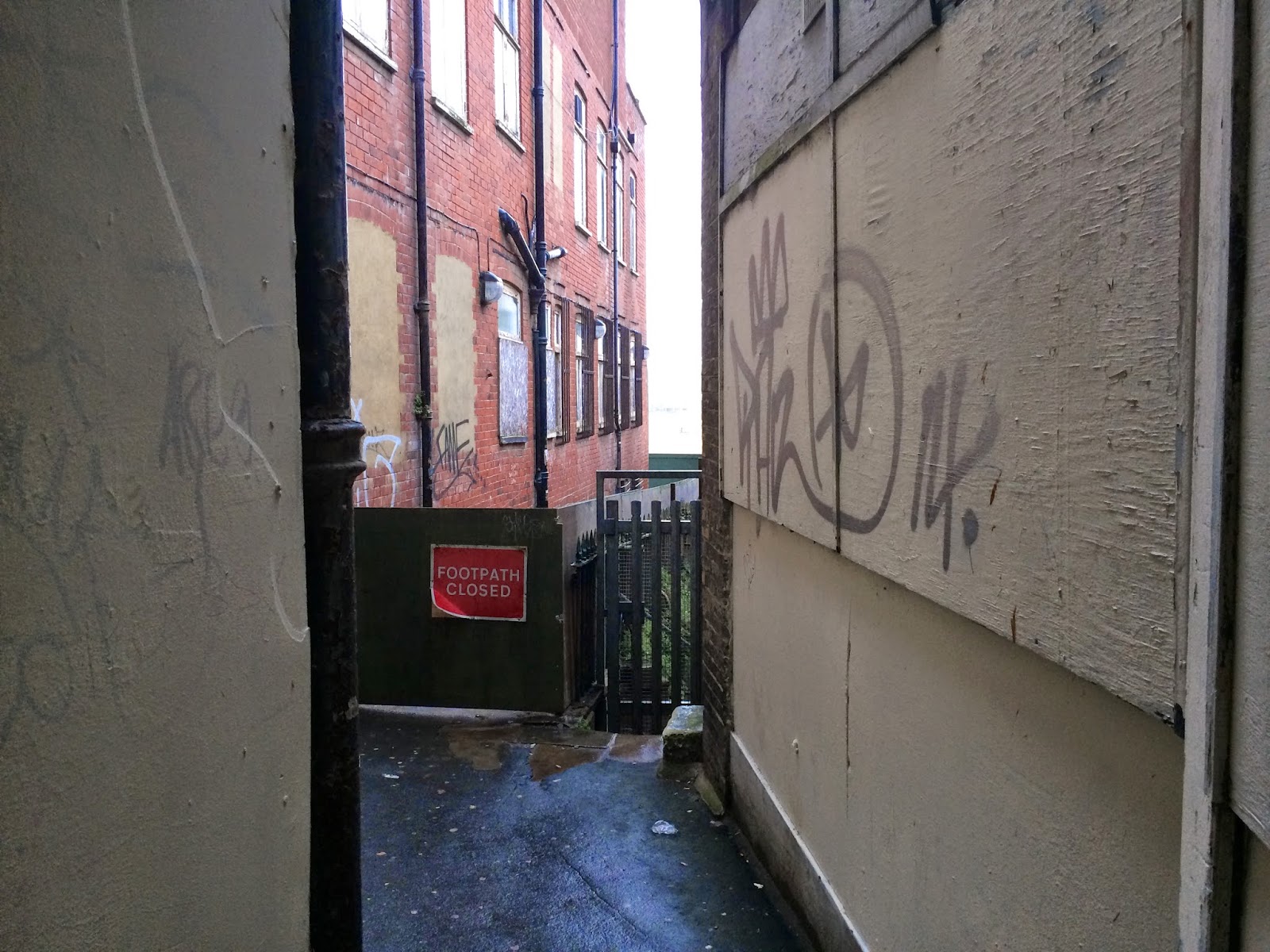Thanet District Councillor, John Worrow (Labour), announced via his Facebook page that tonight's Council meeting will be filmed by the BBC and ITV. Tonight's big debate will be a motion from the Labour Group regarding Manston Airport.
 Thanet Council, however, are still not extending the right to film to the public only to corporate media.
Thanet Council, however, are still not extending the right to film to the public only to corporate media.
I previously covered this issue in March 2013:
The right to report, film and tweet from council meetings in England
This runs contrary to the guidance issued in June 2013 by the Secretary of State for Communities and Local Government Eric Pickles MP. This guidance from Central Government explicitly states that individuals should have the right to film and report on local council meetings that are open to the public. Yet Thanet Council are relying on the 2012 Statutory Regulations to prohibit the public from filming and reporting on their meetings.
Let's look at Thanet Council's position in detail:
2012 Statutory Regulations:
“Nothing in these Regulations requires a decision-making body to permit the taking of any photographs of any proceedings or the use of any means to enable persons not present to see or hear any proceedings (whether at the time or later), or the making of any oral report on any proceedings as they take place.”
Central Government Guidance:
This guidance, issued by Eric Pickles (the Secretary of State for Communities and Local Government) on 14th June 2013, effectively, the guidance takes a different interpretation to that of Thanet Council, with regard to the 2012 Statutory Regulations (referred to above). The guidance, then, states that:
“The rules (the 2012 Statutory Regulations) require councils to provide reasonable facilities for any member of the public to report on meetings. Councils should thus allow the filming of councillors and officers at meetings that are open to the public.”
With regard to reporting via social media and blogs, the guidance also states that:
“Similarly under the new rules there can be social media reporting of meetings. Thus bloggers, tweeters, facebook and YouTube users, and individuals with their own website, should be able to report meetings. You should ask your council for details of the facilities they are providing for citizen journalists.”
Thanet Council’s Position:
Thanet Council has rejected the central government guidance, outlining their position on their website:
“Confusion over the council’s position has arisen following the publication of The Guidance Document, which substantially misrepresents what the statutory regulations say in relation to the recording and filming of council meetings – which is that the council has complete legal discretion in this regard.”
Thanet Council and Central Government appear to be at odds about the 2012 Statutory Regulations.
The Local Audit and Accountability Act 2014:
The guidance issued by Eric Pickles, regarding the right to "report, blog, tweet and film" council meetings, has been effectively enshrined in law by the Local Audit and Accountability Act 2014, which was passed into law on 30th January 2014. Eric Pickles has asserted that:
“this new right will be the key to helping bloggers and tweeters as well as journalists to unlocking the mysteries of local government and making it more transparent for all.”
In particular, s.40 of the Act now provides the Secretary of State with power to make regulations that may allow local people, including citizen journalists, to attend public meetings of local council meetings and report the proceedings by using various communication methods such as filming, tweeting and blogging. Therefore, once new regulations have been introduced, councils and other local bodies will be compelled to allow the public to "report, blog, tweet and film” at their public meeting. This applies to a number of bodies, listed under s.40(6), which include:
- a district council, and
- a county council in England
The Openness of Local Government Bodies Regulations 2014:
There are new Regulations, albeit still in draft form, which have been drafted using the Secretary of State’s powers under s.40 of the Local Audit and Accountability Act 2014. These Regulations will amend, among others, the Local Authorities (Executive Arrangements) (Meetings and Access to Information) England Regulations 2012 (referred to above). If introduced, the Openness of Local Government Bodies Regulations 2014 will:
- Omit s.20(4) – the provision currently being relied upon by Thanet Council.
- Require a decision-making body to permit any person attending a meeting of such a body to report on the proceedings - “reporting” is defined as:
“(a) filming, photographing or audio recording the proceedings of a meeting,
(b) using any other means for enabling persons not present to see or hear proceedings of a meeting as it takes place or later, and
(c) reporting or providing commentary on proceedings of a meeting, orally or in writing, so that the report or commentary is available to persons not present, as the meeting takes place or later.”
If these regulations are introduced, they will therefore confer a statutory right upon members of the public to film and report on council meetings that are open to the public.
Should it really be this hard if the right for the public to film Council meetings is going to be an inevitable right?













